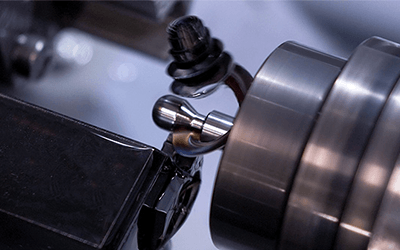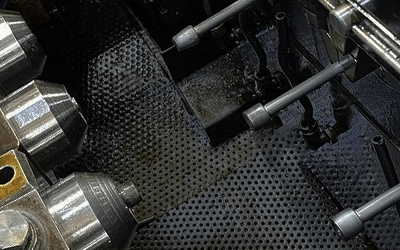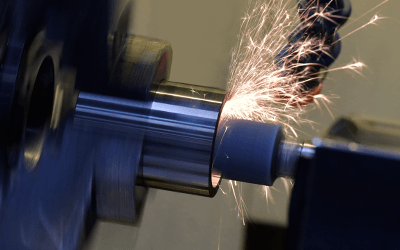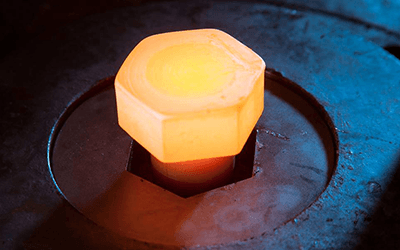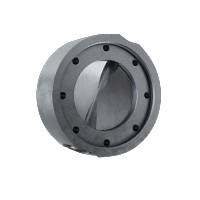
Part precision perfected by high-tech
CNC-MACHINING
- 2 - 85 mm shaft diameter
- 700 mm Length
- Manufacturing of complex turned parts
- Automation / Robot inserts
- CNC multi-spindle lathe / long and short lathe
- ISO 14001:2015 / ISO 9001:2015 / IATF 16949:2016
CNC turned parts from TIGGES
We manufacture precision turned parts according to your drawing with a stable process. We act as a development partner and special manufacturer of drawing parts to bring your project to the finish line.
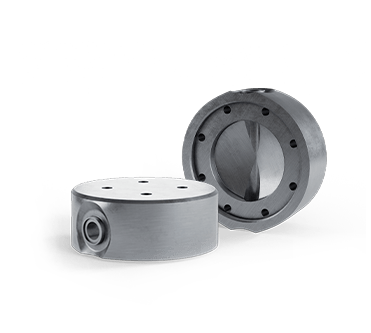
Quality & Dimensional Accuracy
Short throughput times
Process stability
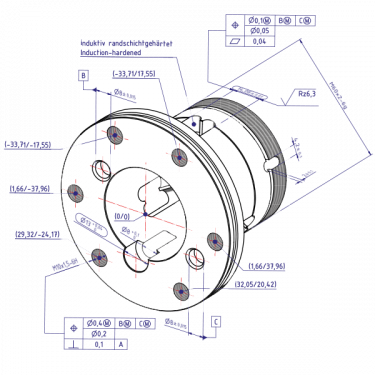
Dimensions and tolerances
Do you need complex turned parts with high quality requirements? Together with you, we clarify the assembly situation at an early stage and highlight the special characteristics of the component. As a result, a TIGGES part fulfills its promise.
± 0.02 mm
Tolerance
700 mm
Length
5 – 85 mm
Diameter
Standard or special material
Werkstoffe
We process all machinable materials, such as steel, stainless steel, aluminum alloys, special steels, titanium, and many more in state-of-the-art CNC machines. Standard or special materials – we manufacture according to your drawing.
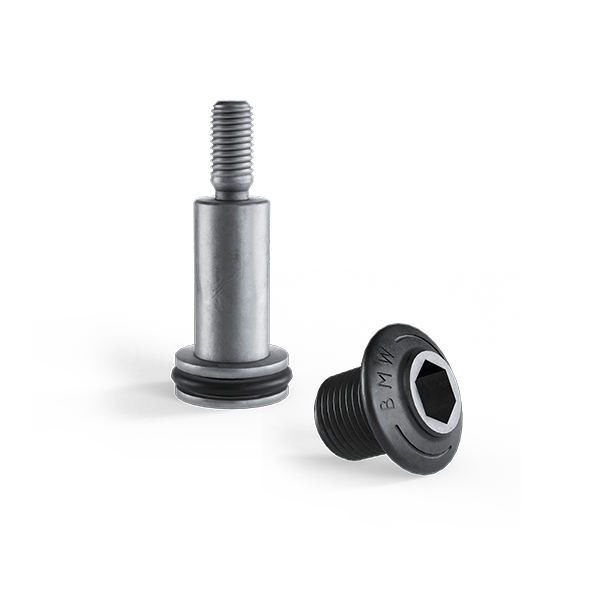
Postprocessing &
Finish
The more complex the component, the more often post-processing steps are necessary. We perform a variety of different finshes.
Heat treatment
Thread rolling
Thread locks
Coatings
Grinding
Surface treatment
Markings
Advantages of CNC machining
Machining technology is characterized by high flexibility and precision in machining: Any complex geometry imaginable can be produced.
- Complex geometries
- Small and large quantities
- Tight dimensional and shape tolerances
- Precise surface structures
- Automation
Quality that connects
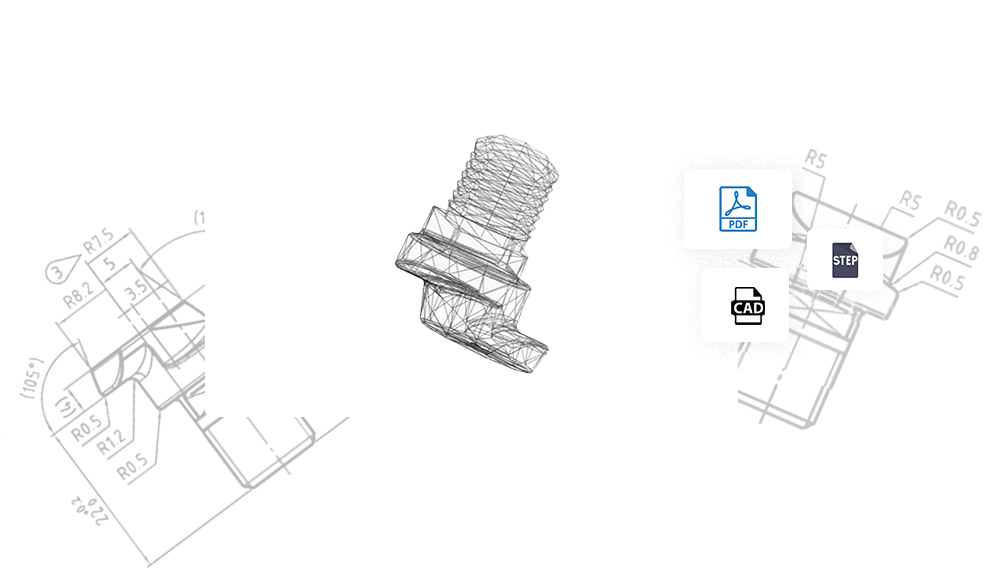
Send your drawing
We check your drawing and calculate according to the most cost-efficient manufacturing technology your offer
- non-binding
- flexible production possibilities
- experienced designers
All information transmitted is secure and confidential
State-of-the-art CNC machine park
Through the combined use of advanced machinery and expert personnel, we push the limits of technological feasibility.
- CNC long and short lathe with up to 16 axes
- Exclusive use of machines with main and counter spindle
- Real machining centers with combined milling/turning operations
- Automation through robot technology
- CNC multispindle machines
FAQ's
Hot forging explained
Hot forming is particularly suitable for heavy-duty components and materials, e.g. Inconel. During massive forming, only low forming forces are used due to the heat supply. Compared to cold forming, formability is extremely high.
This production technology requires a high energy input. It is important to consider costs and benefits in order to obtain the best possible result from hot forming.
Difference from other forming levels
In forming technology, we distinguish between cold, warm and hot forming. The heat input in the forging process enables the forming of high-strength materials, which is practical for high-strength components.
The temperature during the forming process is variable, depending on the respective type and material. Each material has a different microstructure and requires a specific temperature range.
In cold forming, material consumption is significantly lower due to lubrication or tool loading.
